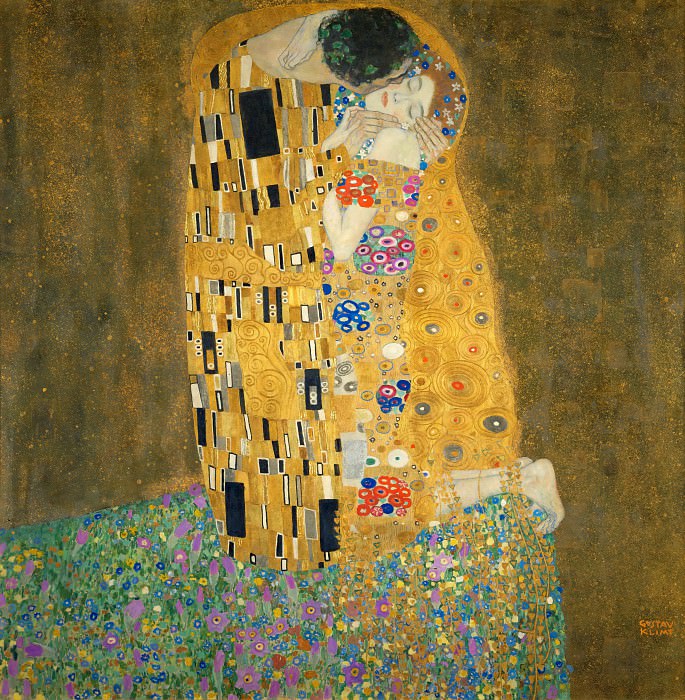Ralph Steadman Art: A Journey into Visual Chaos
Early Life and Influences
Ralph Steadman, a name synonymous with the wild, chaotic, and provocative art style, has left an indelible mark on the world of illustration and fine art. Born in Wallasey, Cheshire, in 1936, Steadman's early life was marked by the turbulence of World War II. His formative years were influenced by the chaotic environment of post-war Britain, a theme that would later be reflected in his distinctive artistic style. Steadman's early interest in art was nurtured through various educational institutions, including East Ham Technical College and the London College of Printing, where he honed his skills and developed a unique voice in the world of illustration.
The Birth of Gonzo Art
Steadman's career took a significant turn when he collaborated with the iconic journalist Hunter S. Thompson. This partnership gave birth to the genre of Gonzo journalism, a style characterized by its subjective perspective, blending facts with fiction, and presenting the writer as a central figure within the narrative. Steadman's illustrations for Thompson's works, such as "Fear and Loathing in Las Vegas," became legendary. His chaotic, frenzied drawings perfectly complemented Thompson's manic prose, creating a visual style that was as anarchic and subversive as the stories themselves. Steadman's art was not just an accompaniment but an essential part of the Gonzo experience.
Artistic Style and Techniques
Steadman's art is instantly recognizable for its chaotic energy, dark humor, and grotesque imagery. He often uses a combination of pen and ink, watercolor, and mixed media to create his distinctive pieces. His technique involves splattering ink across the canvas, allowing the random patterns to form the basis of his work. This method, combined with his precise line work and vivid imagination, results in images that are both spontaneous and meticulously detailed. Steadman's characters often have exaggerated features, twisted forms, and a sense of movement that brings them to life in a way that is both disturbing and captivating.
Political and Social Commentary
Steadman has never shied away from using his art as a form of social and political commentary. His work often critiques the establishment, highlighting the absurdities and injustices of modern society. From the corruption of politicians to the folly of war, Steadman's art is a powerful vehicle for his outspoken views. His illustrations for the "I, Leonardo" and "The Big I Am" series, for example, offer a satirical take on historical figures and religious iconography, challenging the viewer to question accepted narratives and explore alternative perspectives.
Literary Contributions
In addition to his collaboration with Hunter S. Thompson, Steadman has illustrated a wide range of literary works. His illustrations for classic literature, including "Alice in Wonderland" and "Treasure Island," bring a new and often unsettling dimension to these well-known stories. Steadman's ability to capture the essence of a narrative while adding his unique twist makes his illustrations an integral part of the reading experience. His work on "Alice in Wonderland," in particular, showcases his talent for transforming familiar tales into surreal, dreamlike worlds that challenge the imagination.
Environmental and Animal Rights Advocacy
Steadman's passion for environmental and animal rights issues is evident in much of his work. He has created numerous illustrations and campaigns aimed at raising awareness about the plight of endangered species and the destruction of natural habitats. His book "Extinct Boids," a collaboration with filmmaker Ceri Levy, features a series of whimsical and poignant illustrations of extinct and endangered birds. Through his art, Steadman draws attention to the urgent need for conservation and the impact of human activity on the natural world.
Steadman's Legacy and Influence
Ralph Steadman's influence extends beyond the world of illustration. His distinctive style and fearless approach have inspired countless artists, writers, and filmmakers. Steadman's willingness to push boundaries and challenge conventions has made him a seminal figure in contemporary art. His legacy is not only in the body of work he has created but also in the way he has inspired others to embrace their unique voice and vision.
Exhibitions and Collections
Steadman's work has been exhibited in galleries and museums around the world. His exhibitions offer a comprehensive look at his career, showcasing the evolution of his style and the breadth of his subjects. From his early political cartoons to his more recent environmental work, Steadman's exhibitions provide insight into the mind of an artist who has never stopped experimenting and exploring new ideas. His work is also included in several prestigious collections, ensuring that future generations will continue to be inspired by his art.
The Personal Side of Steadman
Despite his public persona as a rebellious and provocative artist, those who know Steadman personally describe him as a kind and thoughtful individual. His passion for art is matched by his commitment to social and environmental causes. Steadman's personal experiences and beliefs are deeply intertwined with his artistic output, making his work not only visually striking but also deeply meaningful.
The Future of Steadman Art
As Ralph Steadman continues to create, the future of his art remains as unpredictable and exciting as ever. His willingness to tackle new subjects and experiment with different techniques ensures that his work remains relevant and fresh. Whether through new collaborations, exhibitions, or publications, Steadman's art will undoubtedly continue to challenge, inspire, and provoke thought in audiences around the world.
Conclusion
Ralph Steadman's art is a testament to the power of creativity and the importance of challenging the status quo. His distinctive style, marked by chaos and precision, humor and seriousness, has left an indelible mark on the world of art and illustration. Through his collaborations with Hunter S. Thompson, his political and social commentary, and his environmental advocacy, Steadman has used his art to make a difference. As we look to the future, Steadman's legacy as a pioneering artist and fearless commentator remains secure, inspiring new generations to push the boundaries of what art can be.















